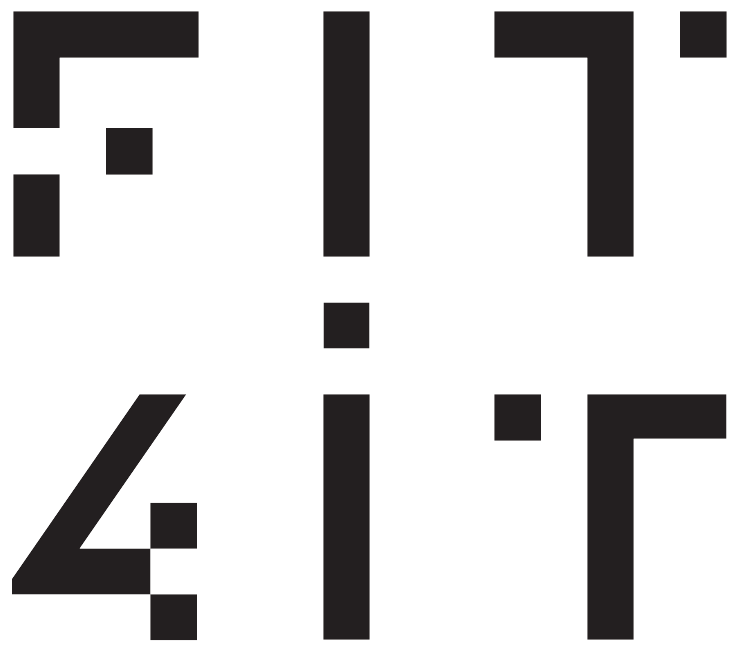You might not think your phone or laptop has anything to do with your waistline, but your nervous system disagrees. Every notification, late-night scroll, and work message keeps your brain in a quiet state of tension. Over time, that constant “on” mode doesn’t just drain your focus; it reshapes how your body stores energy. Even with regular exercise or personal training, chronic stress from excessive screen time can make it harder for the body to lose fat efficiently.
When your mind never truly relaxes, stress hormones like cortisol stay elevated, sleep quality dips, and metabolism slows. The result? Subtle but steady weight gain that creeps in even without major diet changes. That is why both screen time and weight gain have a lot more to do with your stress than just unhealthy eating habits.

Excessive screen time disrupts sleep patterns and raises cortisol levels.
Impact Of Stressed Brain
The nervous system has two main gears:
- Fight or flight (the “on” state that powers you through challenges).
- Rest and digest (the “off” state that calms the body and restores balance).
Our body is built to move back and forth between the two. But the sad truth is that high screen time traps us in that “on” state far too long. Every ping, every scroll, every late-night email tricks the brain into staying alert. Cortisol, the stress hormone, rises and lingers into the night.
That’s why you can feel wired yet exhausted at the same time, tired enough to want rest, but too restless to actually fall into deep recovery.
The Blue Light Effect
Then there’s the light itself. The blue light from phones, laptops, and TVs sends a very specific signal: daytime. Your brain responds by holding back melatonin, which is the hormone that tells the body it’s time to sleep.
Even a short burst of evening screen use can shift your sleep cycle. Just two hours of scrolling at night can delay melatonin by up to 90 minutes. That means you don’t just go to bed later, you also sleep more lightly, missing the deep rest that restores your nervous system.
And when deep sleep is cut short, your body pays the price the next day. Cortisol stays high. Hunger hormones get out of sync, ghrelin rises, making you hungrier, while leptin drops, meaning you never feel quite satisfied. It’s the perfect recipe for late-night snacking and stubborn weight gain.
Why Fat Gain Happens Even Without Eating More
Here’s the surprising part: extra screen time can lead to weight gain even if you don’t actually eat more food. When late-night scrolling keeps cortisol high and melatonin low, your body slips into “storage mode.” Instead of burning fuel efficiently, it starts holding onto calories, especially as belly fat, like it’s preparing for a long stretch of stress.
And then the cravings kick in. Poor sleep throws hunger hormones out of balance. Ghrelin, the one hormone that makes you hungry, rises, while leptin, the one that tells you you’re full, drops. That’s what makes you reach for quick fixes like sugar or salty snacks late at night. Studies show that adults who are sleep-deprived end up eating an extra 200-300 calories a day without even noticing. Do that for a few months, and you’re suddenly carrying an extra 5–10 pounds, without any major changes to your diet or workouts.
“Wired But Tired”: The New Normal
Sound familiar? Many professionals describe the same cycle:
- Push through the day on coffee and adrenaline.
- Collapse into bed but keep scrolling to “switch off.”
- Struggle to sleep, wake up groggy, and start all over again.
At first, it feels manageable. But over time, the nervous system loses its flexibility. Instead of moving smoothly between “on” and “off,” it gets stuck in overdrive. Energy crashes become more frequent. Cravings feel harder to control. Weight creeps up.
This is what digital overload does: it chips away slowly until the symptoms feel like “just the way things are.”
The Global Picture
- Worldwide: The average adult spends 6.5–7 hours a day on screens.
- U.S.: Adults now average more than 7 hours daily.
That means billions of people are unintentionally training their nervous systems to associate evenings with stimulation instead of recovery. And billions of bodies are adapting by conserving fat instead of burning it.
How To Break The Cycle
Here are some practical resets that you can follow:
- Set a cut-off time. Aim to unplug at least an hour before bed. If that feels impossible, start with 20-30 minutes.
- Dim the light. Use night-shift or blue light filters on devices in the evening. Even better, switch to a book or podcast.
- Build a wind-down ritual. Stretch, journal, or simply sit in a darker space. Your nervous system learns to associate these cues with rest.
- Create sleep-friendly surroundings. Keep your bedroom cool, dark, and quiet. Blackout curtains and white noise work wonders.
- Replace stimulation with resets. Instead of another scroll, take a short walk, breathe deeply for a few minutes, or sip herbal tea. These small swaps retrain your system to relax.
Why It Matters Long-Term
Unchecked, digital overload doesn’t just make you groggy. It reshapes how your body stores energy, increases the risk of chronic conditions like diabetes and heart disease, and makes it harder to perform at your best. For leaders, entrepreneurs, and professionals, that means less clarity, less resilience, and more frustration with a body that seems to “fight back” no matter what you do.

A good workout supports healthy weight management.
Final Words
High screen time may feel like a harmless habit, but it quietly overloads your nervous system. Blue light delays sleep, constant notifications keep you in stress mode, and late-night scrolling fuels cravings and fat storage. Many yoga experts note that constant screen exposure keeps the nervous system overstimulated, making it harder for the body to unwind and restore balance.
The fix isn’t complicated. It starts when you switch off. Protect your evenings, respect your body’s rhythms, and give your nervous system the recovery it needs. Because sometimes, the smartest fat-loss strategy is in the simple act of turning off your screen.
Was this helpful?
Good job! Please give your positive feedback
How could we improve this post? Please Help us.







No Comments